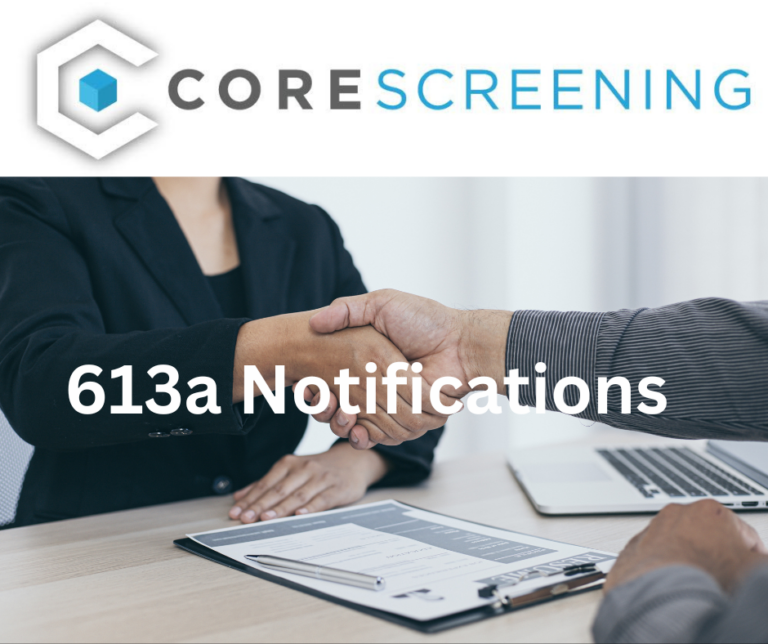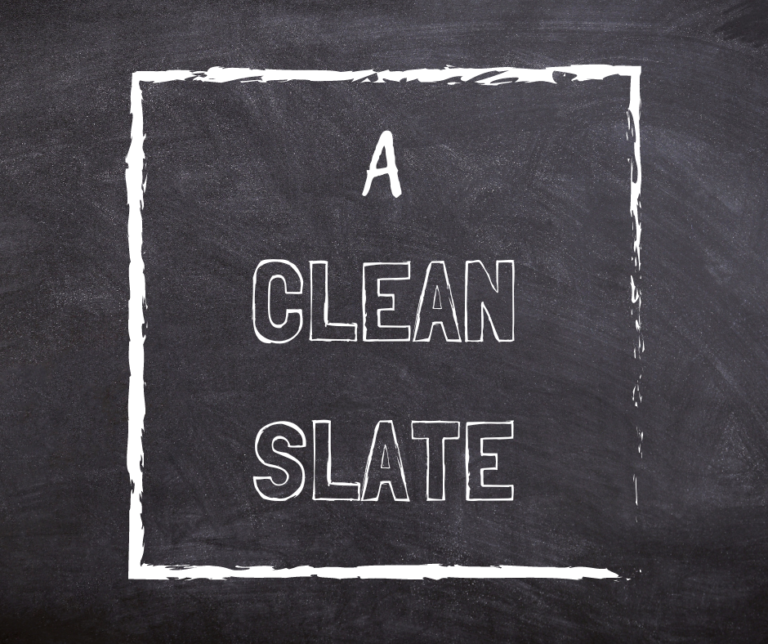Based on a December survey, SHRM reports –
50% – Of organizations have their employees partially returned to the worksite
21% – Fully Returned to worksite after working remotely
18% – Have all employees still working remote
11% – Have kept all employees working at the worksite since pandemic began
Guidance issued in mid-December by the federal Equal Employment Opportunity Commission, U.S. employers can require their workers to get vaccinated against COVID-19 and can tell them to stay away from the workplace if they don’t comply. However, SHRM findings indicate 40% of employers surveyed will not make the COVID-19 vaccination a requirement for return to the workplace. While 55% of employers are currently uncertain.
The EEOC enforces workplace anti-discrimination laws, including the Americans with Disabilities Act (ADA) and the Rehabilitation Act. Title I of the ADA applies to private employers with 15 or more employees. It also applies to state and local government employers, employment agencies, and labor unions. Employers should remember that guidance from public health authorities is likely to change as the COVID-19 pandemic evolves. Therefore, employers should continue to follow the most current information on maintaining workplace safety.
EEOC provided the following guidelines on 12/16/2020 for employers requiring proof the upcoming COVID 19 vaccine was administered prior to returning to the workplace:
K.5. If an employer requires vaccinations when they are available, how should it respond to an employee who indicates that he or she is unable to receive a COVID-19 vaccination because of a disability? (12/16/20)
The ADA allows an employer to have a qualification standard that includes “a requirement that an individual shall not pose a direct threat to the health or safety of individuals in the workplace.” However, if a safety-based qualification standard, such as a vaccination requirement, screens out or tends to screen out an individual with a disability, the employer must show that an unvaccinated employee would pose a direct threat due to a “significant risk of substantial harm to the health or safety of the individual or others that cannot be eliminated or reduced by reasonable accommodation.” 29 C.F.R. 1630.2(r). Employers should conduct an individualized assessment of four factors in determining whether a direct threat exists: the duration of the risk; the nature and severity of the potential harm; the likelihood that the potential harm will occur; and the imminence of the potential harm. A conclusion that there is a direct threat would include a determination that an unvaccinated individual will expose others to the virus at the worksite. If an employer determines that an individual who cannot be vaccinated due to disability poses a direct threat at the worksite, the employer cannot exclude the employee from the workplace—or take any other action—unless there is no way to provide a reasonable accommodation (absent undue hardship) that would eliminate or reduce this risk so the unvaccinated employee does not pose a direct threat.
If there is a direct threat that cannot be reduced to an acceptable level, the employer can exclude the employee from physically entering the workplace, but this does not mean the employer may automatically terminate the worker. Employers will need to determine if any other rights apply under the EEO laws or other federal, state, and local authorities. For example, if an employer excludes an employee based on an inability to accommodate a request to be exempt from a vaccination requirement, the employee may be entitled to accommodations such as performing the current position remotely. This is the same step that employers take when physically excluding employees from a worksite due to a current COVID-19 diagnosis or symptoms; some workers may be entitled to telework or, if not, may be eligible to take leave under the Families First Coronavirus Response Act, under the FMLA, or under the employer’s policies. See also Section J, EEO rights relating to pregnancy.
Managers and supervisors responsible for communicating with employees about compliance with the employer’s vaccination requirement should know how to recognize an accommodation request from an employee with a disability and know to whom the request should be referred for consideration. Employers and employees should engage in a flexible, interactive process to identify workplace accommodation options that do not constitute an undue hardship (significant difficulty or expense). This process should include determining whether it is necessary to obtain supporting documentation about the employee’s disability and considering the possible options for accommodation given the nature of the workforce and the employee’s position. The prevalence in the workplace of employees who already have received a COVID-19 vaccination and the amount of contact with others, whose vaccination status could be unknown, may impact the undue hardship consideration. In discussing accommodation requests, employers and employees also may find it helpful to consult the Job Accommodation Network (JAN) website as a resource for different types of accommodations, www.askjan.org. JAN’s materials specific to COVID-19 are at https://askjan.org/topics/COVID-19.cfm.
Employers may rely on CDC recommendations when deciding whether an effective accommodation that would not pose an undue hardship is available, but as explained further in Question K.7., there may be situations where an accommodation is not possible. When an employer makes this decision, the facts about particular job duties and workplaces may be relevant. Employers also should consult applicable Occupational Safety and Health Administration standards and guidance. Employers can find OSHA COVID-specific resources at: www.osha.gov/SLTC/covid-19/.
Managers and supervisors are reminded that it is unlawful to disclose that an employee is receiving a reasonable accommodation or retaliate against an employee for requesting an accommodation.
K.6. If an employer requires vaccinations when they are available, how should it respond to an employee who indicates that he or she is unable to receive a COVID-19 vaccination because of a sincerely held religious practice or belief? (12/16/20)
Once an employer is on notice that an employee’s sincerely held religious belief, practice, or observance prevents the employee from receiving the vaccination, the employer must provide a reasonable accommodation for the religious belief, practice, or observance unless it would pose an undue hardship under Title VII of the Civil Rights Act. Courts have defined “undue hardship” under Title VII as having more than a de minimis cost or burden on the employer. EEOC guidance explains that because the definition of religion is broad and protects beliefs, practices, and observances with which the employer may be unfamiliar, the employer should ordinarily assume that an employee’s request for religious accommodation is based on a sincerely held religious belief. If, however, an employee requests a religious accommodation, and an employer has an objective basis for questioning either the religious nature or the sincerity of a particular belief, practice, or observance, the employer would be justified in requesting additional supporting information.
K.7. What happens if an employer cannot exempt or provide a reasonable accommodation to an employee who cannot comply with a mandatory vaccine policy because of a disability or sincerely held religious practice or belief? (12/16/20)
If an employee cannot get vaccinated for COVID-19 because of a disability or sincerely held religious belief, practice, or observance, and there is no reasonable accommodation possible, then it would be lawful for the employer to exclude the employee from the workplace. This does not mean the employer may automatically terminate the worker. Employers will need to determine if any other rights apply under the EEO laws or other federal, state, and local authorities.
Source: https://www.eeoc.gov/wysk/what-you-should-know-about-covid-19-and-ada-rehabilitation-act-and-other-eeo-laws




